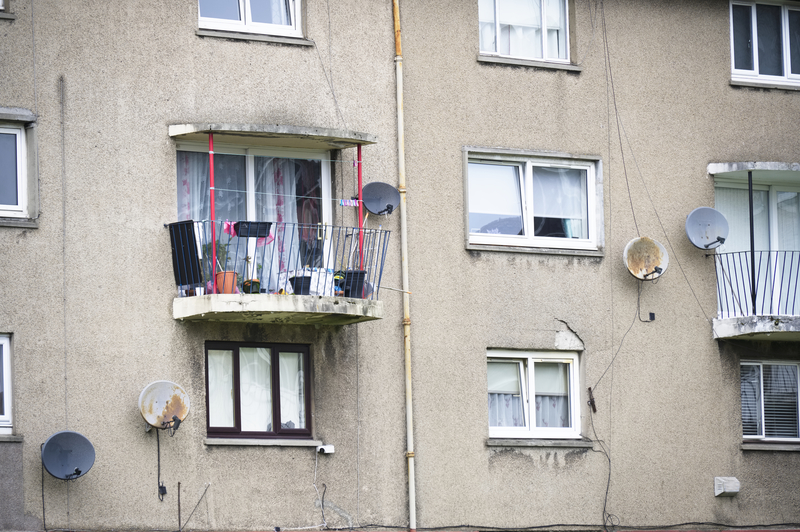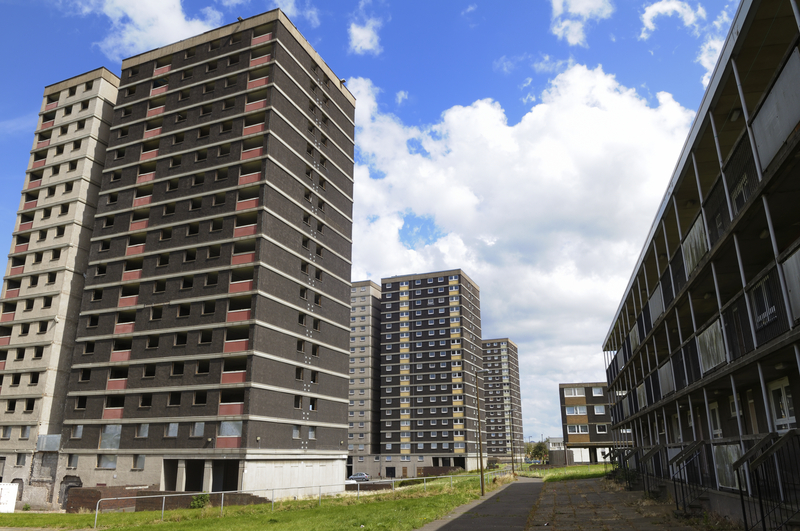How we talk about different places matters. If an area is associated with positive terms like friendly, clean, and safe it will likely be seen as more desirable than an area branded as unfriendly, dirty, and unsafe. More than just representing value judgements about a city, town, or suburb, how we talk about places can have a real-world impact. Areas with better reputations will likely have higher house prices. Areas that are labelled as deprived or poor will likely have a narrower range of amenities, services, and opportunities available to residents. What’s more, the UK public seems keenly aware of the importance of place.
...a large proportion of the population (61%) see geographical inequality as the most serious form of inequality in the UK...The findings of the Unequal Britain survey which was published by a team of researchers at Kings College London, suggests that a large proportion of the population (61%) see geographical inequality as the most serious form of inequality in the UK, even more than the gap between rich and poor (60%) and racial discrimination (45%).
The notion that different levels of deprivation between areas can impact on people’s life chances is well supported by conclusions from human geography; historically, once an area is poor, it tends to stay that way. Yet deprivation statistics and public opinion surveys cannot tell us exactly how places become associated with inequality, how that association is reinforced and reproduced, and, ultimately, how the deprivation in an area becomes transformed into a characteristic of the people who live there.

On a local level, people can develop attitudes and opinions about a neighbourhood through direct exposure. But direct experience alone cannot explain why broader attitudes about a place develop nor why 61% of the population think that geography can have a significant impact on people’s life chances. Notions about which places are poor or deprived and which are affluent and well-to-do are not neutral representations of an objective reality, they are discursively constructed.
We established that, rather than UK poverty being seen as a single social issue, different areas were associated with different aspects of poverty.To understand how attitudes about deprived areas and the people who live there are developed and reproduced, we need to look at the language used to talk about different places. In particular, we can take a look at Representations of Poverty and Place in the mass media. This could involve considering which places are chosen for television documentaries about poverty, or finding out if there are any places particularly associated with poverty and deprivation in newspapers. To do the latter, we undertook large-scale geographical text analysis of 370,000 articles published in the Guardian and the Daily Mail between 2010 and 2015. In order to locate which areas each newspaper associated with poverty and deprivation, we used corpus linguistics software and geographical information systems to extract all the instances where a place name appeared within ten words of a set of terms relating to poverty, such as inequality, deprivation, and unemployment.
By analysing almost 10,000 examples where places ranging from Aberdeen to Exeter, Dublin to Hull occurred with terms like benefits, hardship, and poverty we could see where these place names clustered and what was said about the different places. We established that, rather than UK poverty being seen as a single social issue, different areas were associated with different aspects of poverty:
- Reports of poverty in Middlesbrough centred on high crime rates and unemployment.
- Aberdeen and Burnley were associated with fitness-to-work tests and incapacity benefits.
- London poverty was realised in unaffordable house prices and living costs.
- Rochdale was labelled ‘the most deprived area of England’ and the ‘sick note capital’ of Britain.
- And one newspaper even published a ‘Workshy map of Britain’, singling out areas such as Birmingham and Glasgow for scrutiny.
Thus, we could see that inequalities between different areas were not presented as issues of infrastructure, but, at least in part, as a moral failing of the people who live in deprived areas.
To tackle inequality there needs to be geographically strategic investment and targeted intervention, but there also needs to be a broader shift in attitudes towards poor places. In general terms these discourses of poverty background issues of structural inequality. On a micro scale, the negative labels associated with an area may dissuade potential investors and employers who may think twice about starting or expanding their business into a location that has a reputation for being workshy. Ultimately, without challenging how we talk about places where social deprivation is high, we cannot fully address geographical inequality, and a place that has always been poor will remain poor.


Rate and Review
Rate this article
Review this article
Log into OpenLearn to leave reviews and join in the conversation.
Article reviews
An overall good article to get you interested in the topic.